Micro-credentials in a Minute Episode 4: Where Does Rigor Come From?
Greetings friends ✨
In service to making the digital badge and micro-credential space more accessible to the broader community, the Micro-credential Multiverse team has launched a series of conversations with industry leaders in the space we’re calling “Micro-credentials in a Minute”.
Each episode of the podcast will be about a minute long and address critical questions on micro-credentials, digital badges, learning pathways, digital wallets, and more!
Introducing Micro-credentials in a Minute
Episode 4: Where Does Rigor Come From?
Guests
Learn more about our guests
Transcript
Micro-credentials in a Minute Episode 4: Where Does Rigor Come From?
Robert Bajor: Hi, my name is Rob.
Sheryl Grant: And my name is Cheryl, and we are micro-credential and digital badge experts.
Robert Bajor: Today, we're going to talk about rigor. Where does it come from?
And I'm going to kick us off here. So when I think of the word rigor, I think of assessment. Specifically, I'm thinking about rigor as a spectrum. So there are things that contribute to the rigor of a micro-credential and there are things that reduce the rigor. So when I think of things that contribute to the rigorousness of a digital badge, I think of things like competency-based learning or project-based learning frameworks that support the micro-credential.
When I think of some things that reduce the rigorousness of a digital badge or a micro-credential. I think of things like traditional assessments, a B, C, D, true, false. These types of assessments are really easy to game.
Some other things that contribute to rigor are rubrics. So making it very clear what a learner needs to demonstrate to earn an award and then codifying that into a rubric and making that rubric transparent. So the folks recognizing that award know exactly what a learner needed to do in order to earn it. I think that contributes to the rigor of a digital badge or a micro-credential.
Sheryl Grant: Yeah, I have to agree. For me, it's also connected to assessment. Although I'd have to think about this more. And I guess I, I feel compelled to make an argument for the non-rigorous badge. I feel like there's a utility. Even though there's a perception of them. That's kind of controversial. There's this perception that badges are stickers and therefore they're not valuable, but I really feel like badges. They can be valuable. They can be valuable, even if they aren't rigorous. They allow an expression of recognition that I think is interesting. For example, badges awarded in library settings.
Micro-credentials in a Minute
Check out other episodes of Micro-credentials in a Minute
Micro-credentials in a Minute is also available on a variety of podcast platforms including,
If you enjoyed this article, please consider:
🕊 Following my new company Micro-credential Multiverse on LinkedIn.
💌 Subscribing to my newsletter on LinkedIn to get these posts delivered conveniently to your inbox.
🌎 Sharing this article with someone in your network.












